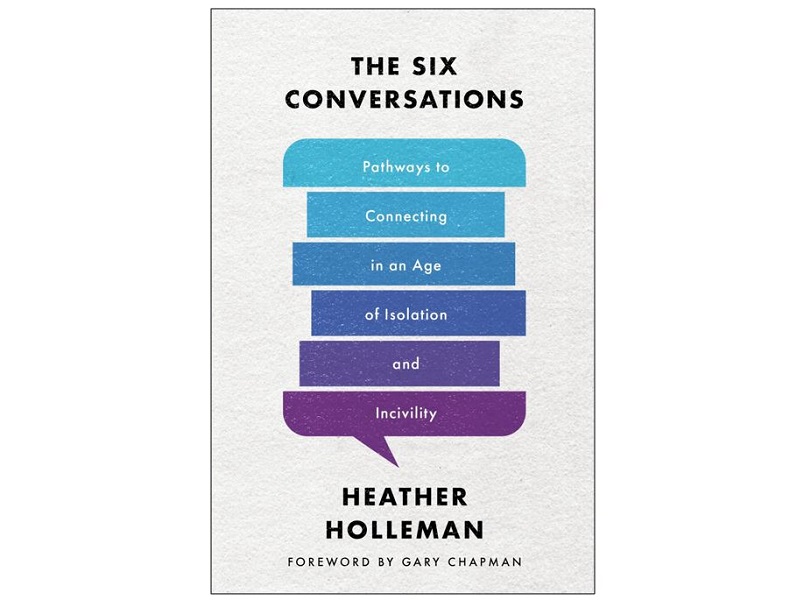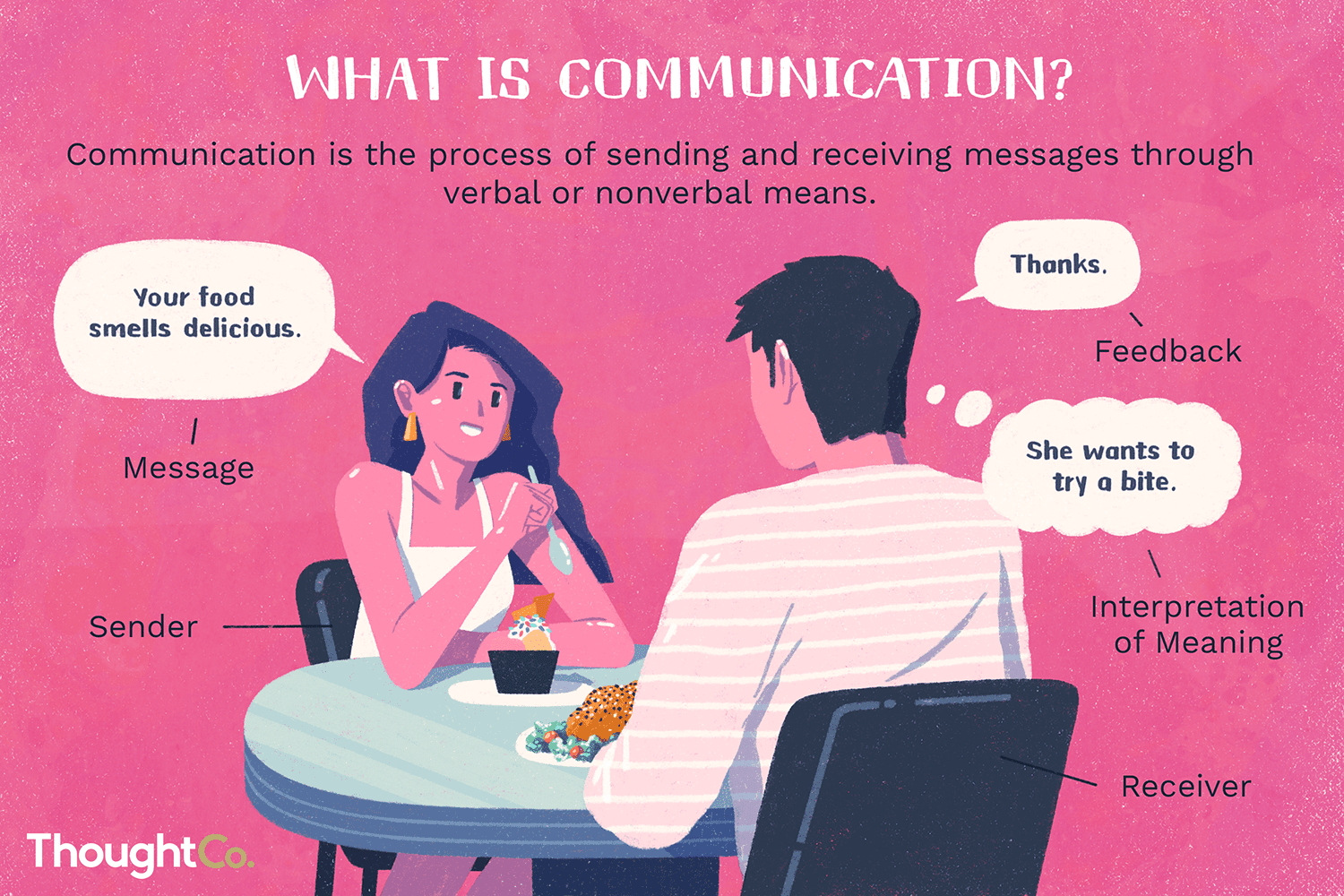You know, everyone's got an idea about what makes a good conversation. Lots of folks think it's about being quick with words, having all the answers, or telling the best stories. Be the life of the party, right?
Well, I used to be one of those guys. Thought I was pretty smooth. Could talk my way in or out of anything. Or so I believed. My mouth would run, and I figured, hey, I'm contributing! People are nodding, sometimes. Must be good.
Then It Hit Me
Things changed when I took on this project a few years back. It wasn't anything fancy, just a small team trying to get something done. But boy, did we struggle. We'd have meetings, and it felt like everyone was just waiting for their turn to speak. I'd lay out my points, real clear, I thought. And then someone else would lay out theirs, just as clear. And we'd go nowhere. It was like we were all broadcasting on different channels.

I remember this one time, we were stuck on this really silly problem. For days. And I was getting frustrated, talking more, louder, trying to push my solution. It just made things worse. One evening, after a particularly bad session, my project lead, a quiet older lady who usually just listened, pulled me aside. She didn't say much. Just asked me, "Did you really hear what Sarah was trying to say about the user flow? Not just her words, but what she was worried about?"
That hit me like a ton of bricks. Because, honestly? I hadn't. I'd heard her words, sure. But I was too busy thinking about my next point, my rebuttal. I wasn't trying to get where she was coming from.
My Awkward Experiments
So, I decided to try something. It felt super weird at first. In the next meeting, I made a conscious effort to just shut up and listen. Like, really listen. Not just waiting to jump in. I tried to focus on what the other person was saying, their tone, what they weren't saying.
This was hard. My brain wanted to interrupt, to correct, to add my two cents. I had to literally bite my tongue sometimes. When I did speak, I tried asking questions instead of making statements. Stuff like, "Help me understand why you think X is the best approach," or "What's your biggest concern with Y?"
- First few times, I probably sounded like an idiot. Or like I was being interrogated.
- I'd stumble over my words because I was thinking so hard about not defaulting to my old ways.
- Sometimes there were these awkward silences while I processed. My old self would have rushed to fill them.
But a funny thing started to happen. People started opening up more. Sarah, the one my lead mentioned, actually explained her concern about the user flow in a way I hadn't grasped at all before. And her concern was totally valid! Once I got out of my own way and actually heard her, we found a solution pretty quick.

I kept at it. Not just at work, but with friends, family. It wasn't about being passive. It was about making the conversation a two-way street, for real. Trying to understand the other person's map before trying to show them mine.
What I Think Now
So, this whole "philosophy of conversation" thing for me, it ain't about being the smartest person in the room or the one who talks the most. It's not about winning an argument. It's more about, I guess, connection? Sounds cheesy, I know. But it's about trying to genuinely understand where the other person is coming from. Giving them the space to be heard. And you know what? When you do that, it's amazing how much more you learn, and how much better things get.
It’s still a work in progress, mind you. I still catch myself wanting to jump in and dominate. But now I know what to aim for. It's less about my broadcast, and more about tuning into theirs. And that, for me, has made all the difference.











